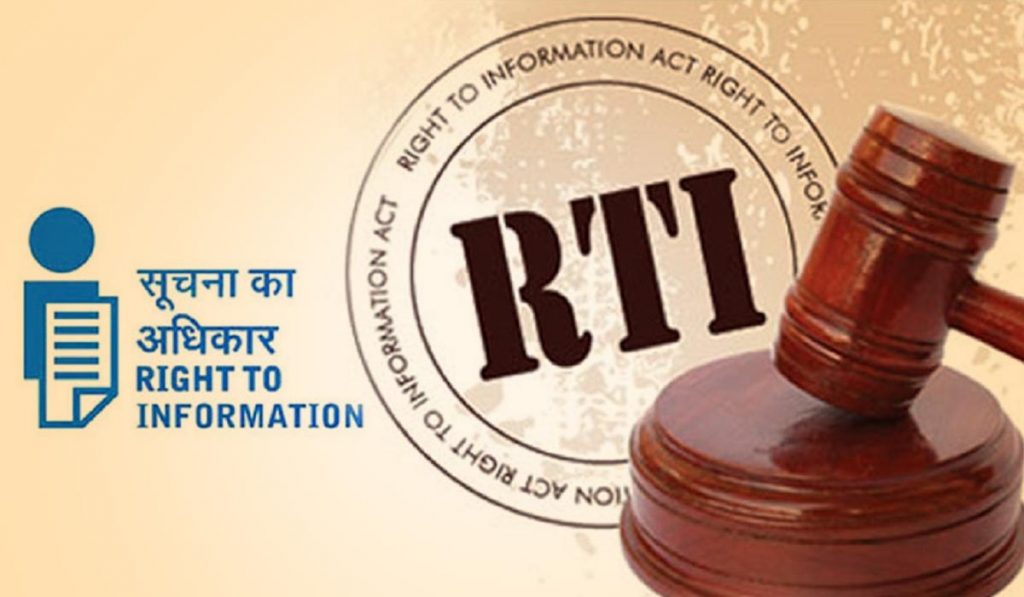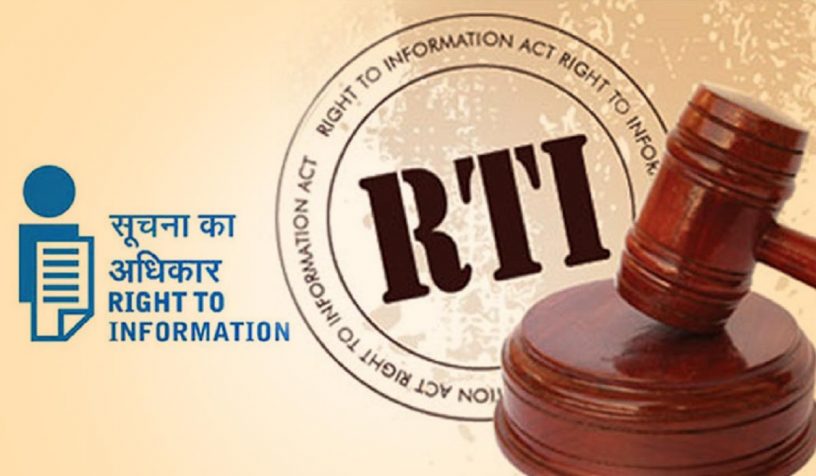
The researchers found that political will, bureaucratic culture, and societal activism and engagement were the strongest overarching socio-political factors impacting implementation of the Right to Information Act.
Authors
Rajdeep Pakanati, Associate Professor and Assistant Director, Centre for Global Governance and Policy, Jindal School of International Affairs, O.P. Jindal Global University, Sonipat, Haryana, India.
Jeannine E. Relly, The University of Arizona, School of Journalism, United States.
Md. Fazle Rabbi, The University of Texas at Dallas, School of Economic, Political and Policy Studies, United States.
Meghna Sabharwal, The University of Texas at Dallas, School of Economic, Political and Policy Studies, United States.
Ethan H. Schwalbe, The University of Arizona, School of Journalism, United States.
Summary
India’s progressive Right to Information Act (RTIA) is a global model. The RTIA was adopted a decade and a half ago to serve as a check on corruption and to advance democracy, citizen equity and public accountability. Little primary research has been conducted on the implementation of the RTIA.
This research employs a socio-political and technocratic framework to study influences on RTIA implementation over time from the citizen requester ‘demand-side’ and the governmental ‘supply-side’ from an institutional development process perspective.
The constructivist approach of the study utilizes in-depth semi-structured interviews from frequent information requesters and information commissioners (N = 114) and a new dataset of a random stratified sample of information commissioner decisions for release of information under the RTIA (N = 500).
The researchers found that political will, bureaucratic culture, and societal activism and engagement were the strongest overarching socio-political factors impacting implementation. Socio-political subfactors that appeared weak or wanting in the RTI regime were leadership, oversight, coordination, positive workplace incentives, reflexivity, and public information officer communication style with citizen requesters.
Technocratic constraints, directly influenced by socio-political factors that impact implementation, included follow-through on administrative policies and rules, capacity building, monitoring, oversight, and sanctions. This study found that technocratic factors included in the institutional design of RTI legislation may not be sufficient for short-term institutional change in cultures of bureaucratic secrecy.
However, coalitions of citizens, civil society organizations, media, engaged public officials, and interested politicians can drive a transparency agenda in a country when political will and bureaucratic leadership are weak.
Published in: World Development
To read the full article, please click here


